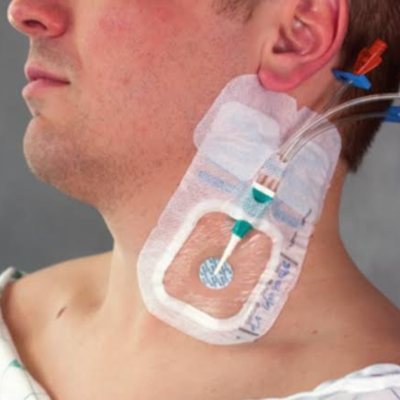ANESTHESIOLOGY

Cardiac Anesthesia
Cardiac anesthesia is a specialized area of anesthesia that focuses on providing care for patients undergoing heart surgery or other cardiac procedures. Anesthesiologists in this field are trained to manage the unique challenges associated with cardiac patients, including those with existing heart conditions.
During cardiac procedures, the anesthesiologist monitors the patient’s vital signs closely and administers medications to ensure comfort and stability. They also manage fluid balance and pain control, playing a critical role in the surgical team.
Postoperative care includes monitoring for complications and ensuring a smooth recovery. Our dedicated cardiac anesthesia team is committed to providing comprehensive, safe, and effective care for patients undergoing cardiac interventions.

Central Line Insertion
Central line insertion is a medical procedure used to place a long, thin catheter into a large vein, typically in the neck, chest, or groin. This procedure is often performed in hospital settings to provide access for administering medications, fluids, blood products, or for taking blood samples, particularly in patients requiring long-term treatment or those with difficult venous access.
The process involves cleaning the insertion site, using ultrasound guidance for precision, and inserting the catheter with sterile techniques to minimize infection risk. Central lines can remain in place for days to weeks, depending on the patient’s needs. Our skilled medical team is dedicated to ensuring patient comfort and safety throughout the procedure, providing essential care and support during treatment.

Epidural Block for Pain Management
Epidural block is a common pain management technique that involves injecting anesthetic medication into the epidural space surrounding the spinal cord. This procedure is often used for pain relief during labor and delivery, as well as for managing postoperative pain and chronic pain conditions.
During the procedure, a needle is inserted into the lower back, and a catheter may be placed to allow for continuous medication delivery. The anesthetic works by blocking pain signals from the nerves, providing significant relief without affecting overall mobility.
Epidural blocks can enhance comfort and improve quality of life for patients. Our experienced pain management team is dedicated to providing comprehensive care and support throughout the procedure and recovery process.

Critical Care Management
Critical care management involves the comprehensive treatment and monitoring of patients with life-threatening conditions requiring intensive medical attention. This specialty focuses on patients in critical condition, often in an Intensive Care Unit (ICU), where they receive round-the-clock care from a multidisciplinary team of healthcare professionals.
Key aspects of critical care management include advanced monitoring of vital signs, management of complex medical conditions, and the use of life-support technologies, such as ventilators and intravenous therapies. The team also addresses complications that may arise, ensuring prompt interventions to stabilize patients.
Our dedicated critical care team is committed to providing personalized, compassionate care, prioritizing both medical and emotional support for patients and their families during these challenging times.
